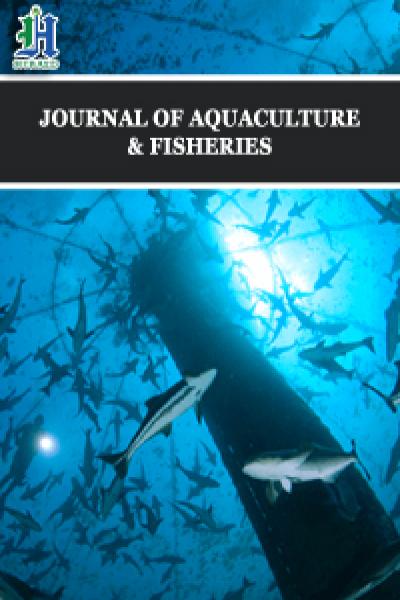
Mariculture
Mariculture, the cultivation of marine organisms in their natural or controlled marine environments, continues to gain momentum as a sustainable approach to meeting the rising global demand for seafood. Recent advancements in breeding, feed technology, and environmental monitoring have significantly enhanced productivity while minimizing ecological impact. Species such as finfish (e.g., sea bass, cobia), shellfish (e.g., oysters, mussels), and seaweeds are being farmed at increasing scales, contributing to food security, coastal economies, and climate resilience. Integrated multi-trophic aquaculture (IMTA) systems, which combine different species in a single system to recycle nutrients, are showing promise in reducing waste and improving efficiency.
However, challenges remain, including disease management, genetic diversity conservation, and regulatory oversight. Continued research and policy support are essential to optimize practices and address environmental concerns. As mariculture evolves, it holds potential not only for commercial gain but also for restoring marine habitats and mitigating pressures on wild fish stocks. The Journal of Aquaculture & Fisheries remains committed to sharing the latest developments in this dynamic field.

